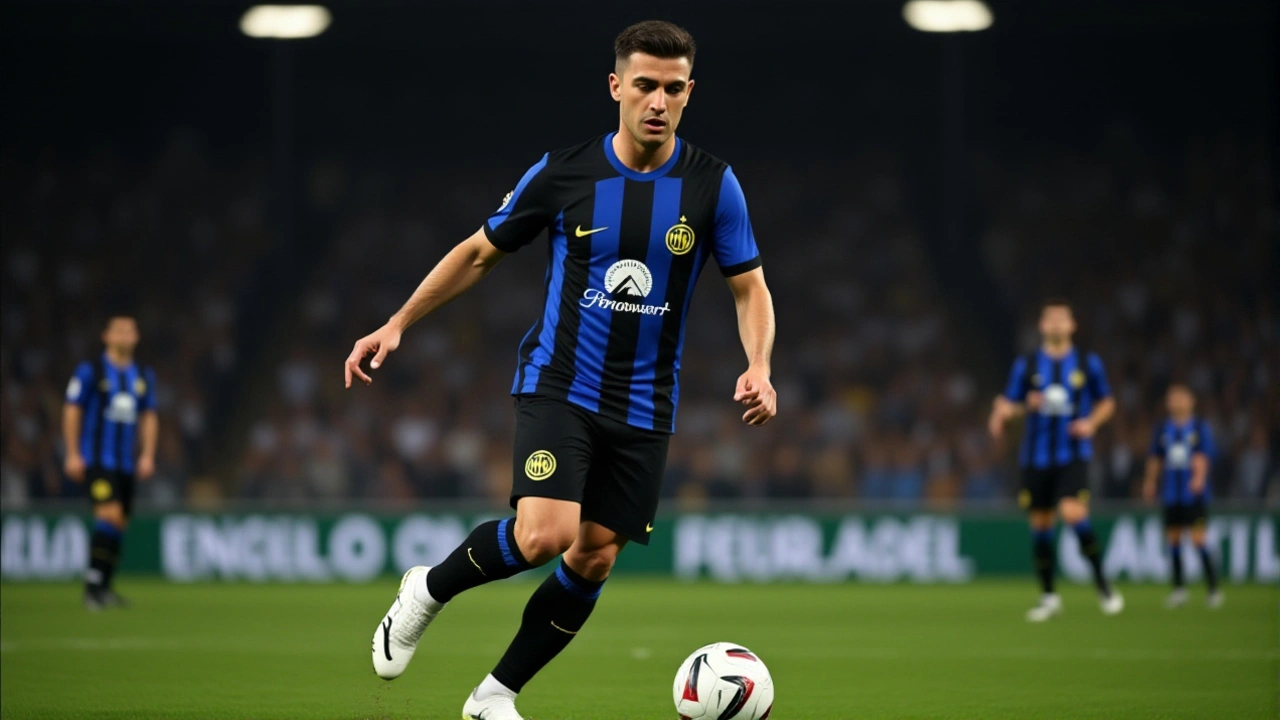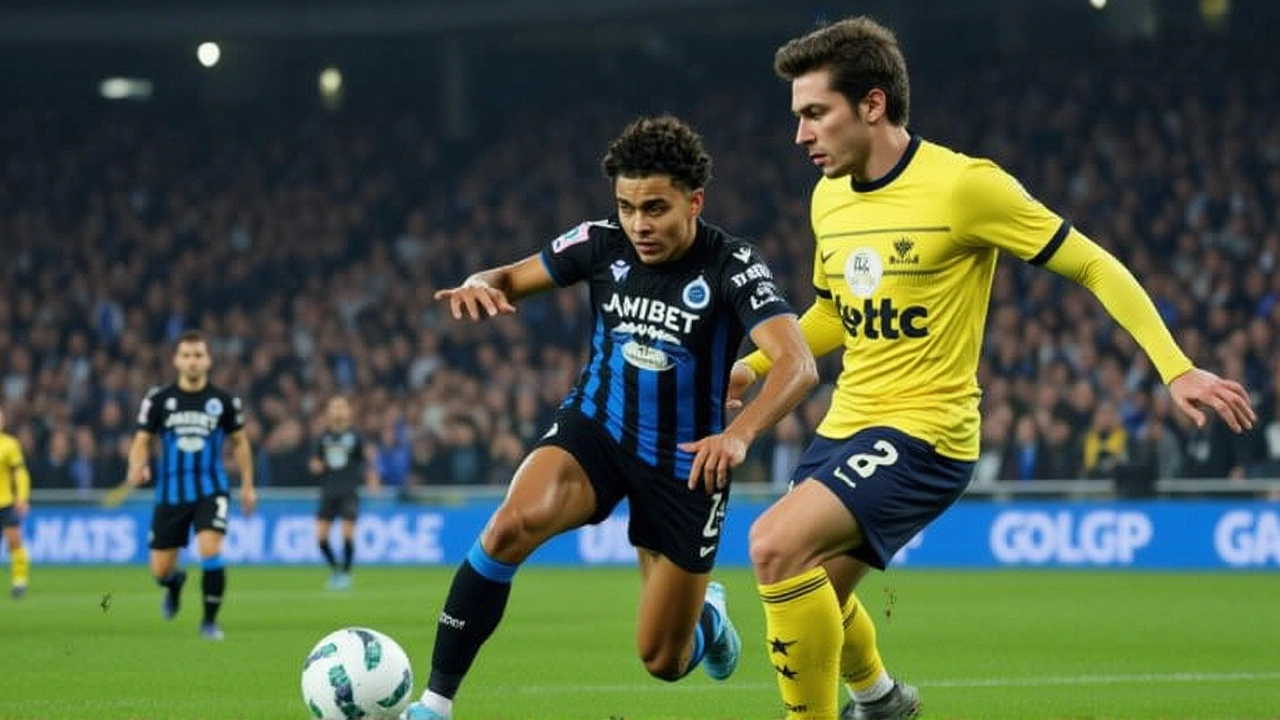Club Brugge – Belgian Football Powerhouse and European Contender
When talking about Club Brugge, a professional football club from Bruges, Belgium, famous for its red‑and‑black stripes and a long list of league titles. Also known as Club Brugge KV, it competes at the highest level of the Belgian Pro League, the top tier of Belgian football where 18 clubs battle for the championship each season.
The club’s recent form shows why fans keep the name on their lips. Club Brugge has built a reputation for blending experienced internationals with home‑grown talent, a strategy that keeps it near the top of the table and often earns a spot in continental competition. That mix of stability and ambition is a key reason why the club stays relevant in discussions about Belgian football, European qualification, and the summer transfer market.
Beyond the domestic scene, UEFA Champions League, Europe’s premier club competition that pits the continent’s best teams against each other in a knockout format, has become a regular destination for Club Brugge when it finishes in the league’s top spots. The experience of playing against elite sides sharpens the squad, raises its profile, and often leads to higher transfer values for standout players. In recent years the club has also made deep runs in the UEFA Europa League, proving it can compete beyond Belgium’s borders.
The home ground, Jan Breydel Stadium, a 29,000‑seat arena shared with city rivals Cercle Brugge, known for its electric atmosphere on match days, provides a fortress for the team. Fans fill the stands with chants and flags, creating a noise level that often unsettles visiting squads. The stadium’s modern facilities also host concerts and community events, reinforcing its role as a cultural hub in Bruges.
Club Brugge’s youth academy, often called the “Club Brugge Academy,” is another pillar of its success. The program emphasizes technical skills, tactical awareness, and personal development, producing players who graduate to the first team or attract interest from larger European clubs. Recent graduates have featured in key matches, showing that the academy’s philosophy of nurturing talent pays off both on the pitch and in the transfer market.
Speaking of transfers, the club’s scouting network focuses on identifying undervalued talent in Belgium, the Netherlands, and Africa. By securing players on reasonable contracts and developing them, Club Brugge can sell for profit while strengthening the squad. Notable recent moves include the acquisition of a promising Dutch midfielder and the sale of a Belgian striker to a Ligue 1 side for a six‑figure fee. This balanced approach keeps the financial books healthy and the team competitive.
Management stability has also been a factor. The current head coach, a former player with a UEFA Pro License, implements a high‑pressing style that suits the club’s athletic roster. His emphasis on quick transitions and set‑piece efficiency aligns with the tactical trends of modern European football, making the team adaptable against a variety of opponents.
Below you’ll find the latest Club Brugge stories, from match reports and transfer rumors to stadium news and academy updates. Whether you’re a die‑hard supporter or just curious about how a Belgian club stays in the European conversation, this collection gives a clear snapshot of where the club stands today.
Club Brugge signed 19-year-old Serbian midfielder Aleksandar Stankovic from Inter Milan for €9.5M after a standout loan at FC Lugano, fueling a chain of transfers linking Italian and Belgian clubs ahead of the 2025-26 season.
Union Saint‑Gilloise defended the Belgian Super Cup, beating Club Brugge 2‑1 at Stade Joseph Marien. The win extends their unbeaten run and spotlights shifting power in Belgian football.
Latest Posts
SWEEP Foundation Marks 2024 World Environment Day with Major Milestones in Sustainability
Jun 5 2024Catastrophic Flooding in Southern Brazil: Record Rainfall and Mudslides Displace Thousands
May 5 2024


 Sports
Sports